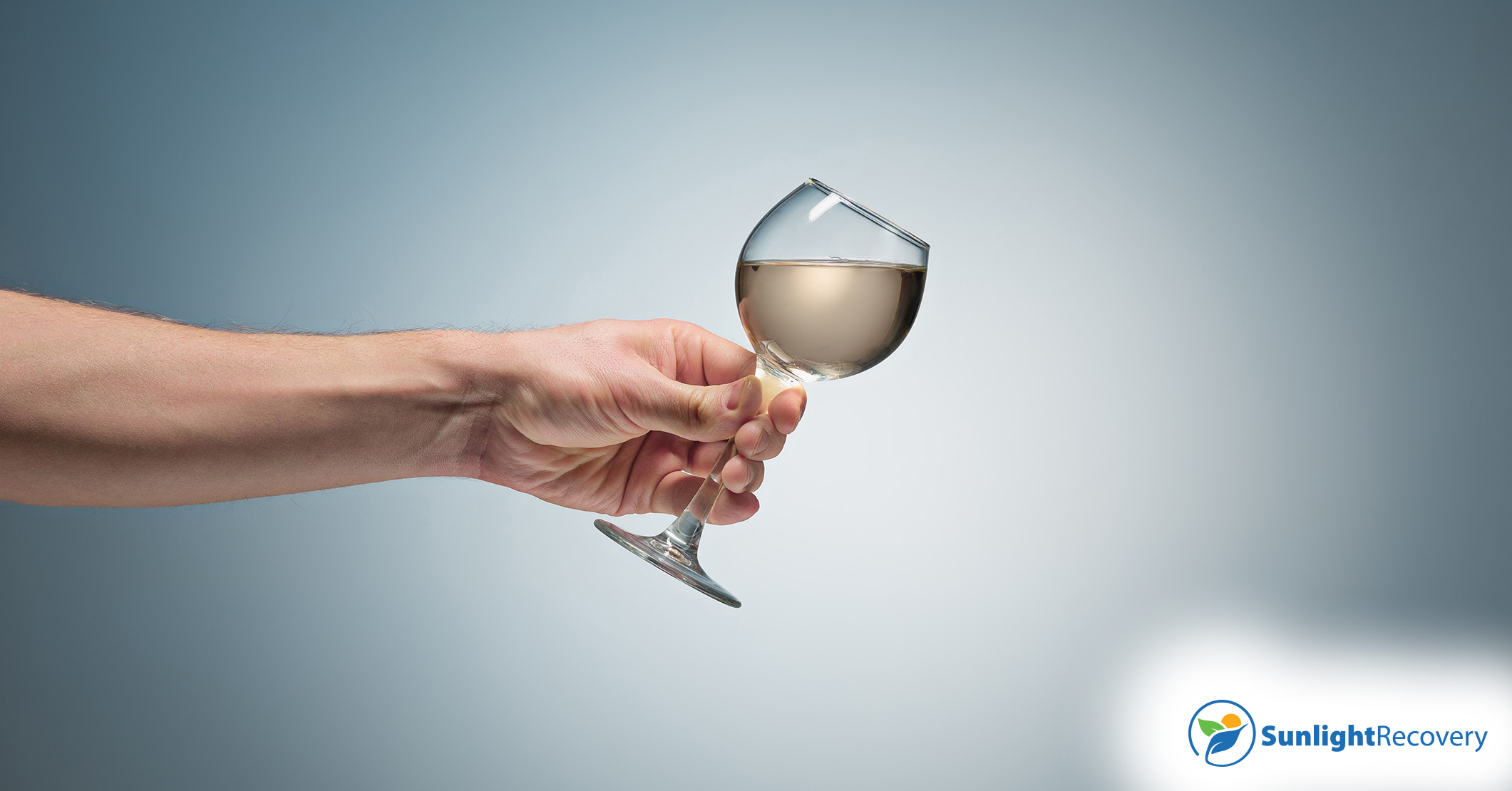Recognizing that you have an alcohol problem is the first step toward recovery. Fortunately, there are many treatment options available. Treatment usually involves an initial phase called detoxification, when the individual stops drinking under medical supervision. From there, recovery can involve a number of approaches, including counseling, medications and lifestyle changes.
Holistic recovery, which involves treating the mind, body and spirit, introduces alternative methods such as mindfulness and healthy living. Here, we explore both traditional and holistic alcohol detox and recovery.
What Happens During Alcohol Detoxification?
Alcohol detoxification is the process of removing alcohol from the body. First, the individual must stop drinking. Once this happens, the body begins to adjust — but not without a period of discomfort and even pain. Withdrawal symptoms are common and may include shaking, nausea and anxiety. Therefore, it’s important to have medical supervision during detox to manage these symptoms. Doctors may provide medications to make the process less uncomfortable.
The liver plays a key role in detoxification. It breaks down alcohol into metabolites the body can eliminate, but the process takes time. The individual must remain fully hydrated during detox, as this helps the body flush out the toxins that are byproducts of alcohol. Because alcohol can deplete the body of certain vitamins and minerals, it might be necessary to supplement these to replenish the resulting deficiencies.
Detox is both physically and mentally challenging, and support from medical professionals and counselors is essential. In order to make it to the next phase of recovery, which may include one or more of the treatment methods outlined in the following sections, an individual must successfully get through detox.
What Treatments Are Often Suggested?
When individuals seek help for alcohol addiction, they’re often steered toward one or more traditional forms of treatment, including medication, behavior therapy, outpatient counseling and 12-step programs. These treatment modalities all have their merits, but they also fall short in certain areas and may have unwanted side effects. A form of treatment that works for one person might not be effective in someone else, or it might produce adverse effects. For this reason, it’s critical for anyone seeking help with alcoholism to work with their health care provider to find the right form of treatment or combination of treatments that works with their unique personality, lifestyle and body chemistry.
Medication-Assisted Treatment (MAT)
Several medications have been approved for the treatment of alcohol dependency, including disulfiram, naltrexone and acamprosate. They work by altering the way an individual’s body responds to alcohol. These medications can be effective in certain individuals, but like all prescription drugs, they can have unwanted side effects and contraindications with other medications. Therefore, they’re not for everyone.
Behavior Therapies
Rising in popularity as frontline treatments for alcohol addiction are behavior therapy methods such as cognitive behavioral therapy (CBT) and motivational enhancement therapy (MET). These approaches address the psychological aspects of alcohol dependency and help patients modify their behaviors and thought patterns related to drinking. Behavior therapy doesn’t, however, address the physical aspects of dependency.
Outpatient Counseling
Regular counseling sessions with a licensed therapist or counselor can provide support and guidance to individuals working to overcome alcohol dependency. This may include individual or group therapy sessions and may be used on its own or combined with other treatment methods, such as medication or a 12-step program.
The drawback of relying on outpatient counseling as a primary method for resolving alcohol addiction is that it still places the onus on the patient to take active steps to remain sober. Weekly counseling sessions typically last an hour. That leaves 167 hours each week that the patient is left to their own devices.
12-Step Programs
The first place many people with alcohol addictions are encouraged to turn is to a 12-step program such as Alcoholics Anonymous (AA). In these programs, members attend group meetings and build support networks that encourage them on their path to sobriety. Many 12-step programs focus on spiritual growth as well.
While the camaraderie developed in AA can help keep members on the sober path, 12-step programs aren’t as effective on their own as many believe, having a long-term success rate of only 5% to 10%.
Recommended Holistic Alcohol Detox Methods
Holistic alcohol detox can help treat alcohol dependency by focusing on the whole person instead of just the addiction. The goal of holistic therapy is to bring the mind, body and spirit to an elevated place where healing can occur. Here are a few of the most popular methods of alcohol detox and recovery using a holistic approach.
Mindfulness and Meditation
Mindfulness practices and meditation can help individuals develop greater self-awareness, reduce stress and manage cravings associated with alcohol dependency. Mindfulness-based interventions, such as mindfulness-based stress reduction (MBSR), can help manage the stressors and triggers that often keep an individual in a state of addiction.
Nutritional Therapy
Another approach to holistic alcohol recovery involves addressing nutritional deficiencies and promoting a healthy diet to support overall well-being. Because alcohol abuse can deplete the body of essential nutrients, proper nutrition can facilitate the recovery process. Supplementation with additional vitamins and minerals can also help restore balance.
Yoga and Exercise
Physical activity, such as yoga, jogging, weight training or even brisk walking, can contribute to a holistic approach to alcohol detox by improving physical health, reducing stress and improving mood. These activities can also help establish a healthier lifestyle by providing a positive outlet for individuals in recovery.
Why You Still Need Medical Care
No matter what mix of methods an individual uses to overcome alcohol dependency, it’s always critical to have proper medical care. Alcohol is an insidious poison, and sudden natural alcohol withdrawal can put the body in a state of shock. Doctors manage symptoms and keep things safe during detox. They also guide the use of medications, if needed, and monitor overall health throughout the entire process of detox and recovery. This support maximizes the chance that an individual’s journey to recovery goes as smoothly as possible.
If you or someone you love is struggling with alcohol dependency, a holistic approach to treatment may help improve the chances of long-term recovery. The team of dedicated counselors at Sunlight Recovery can help you start your journey. Contact us today!






